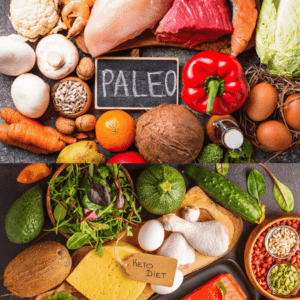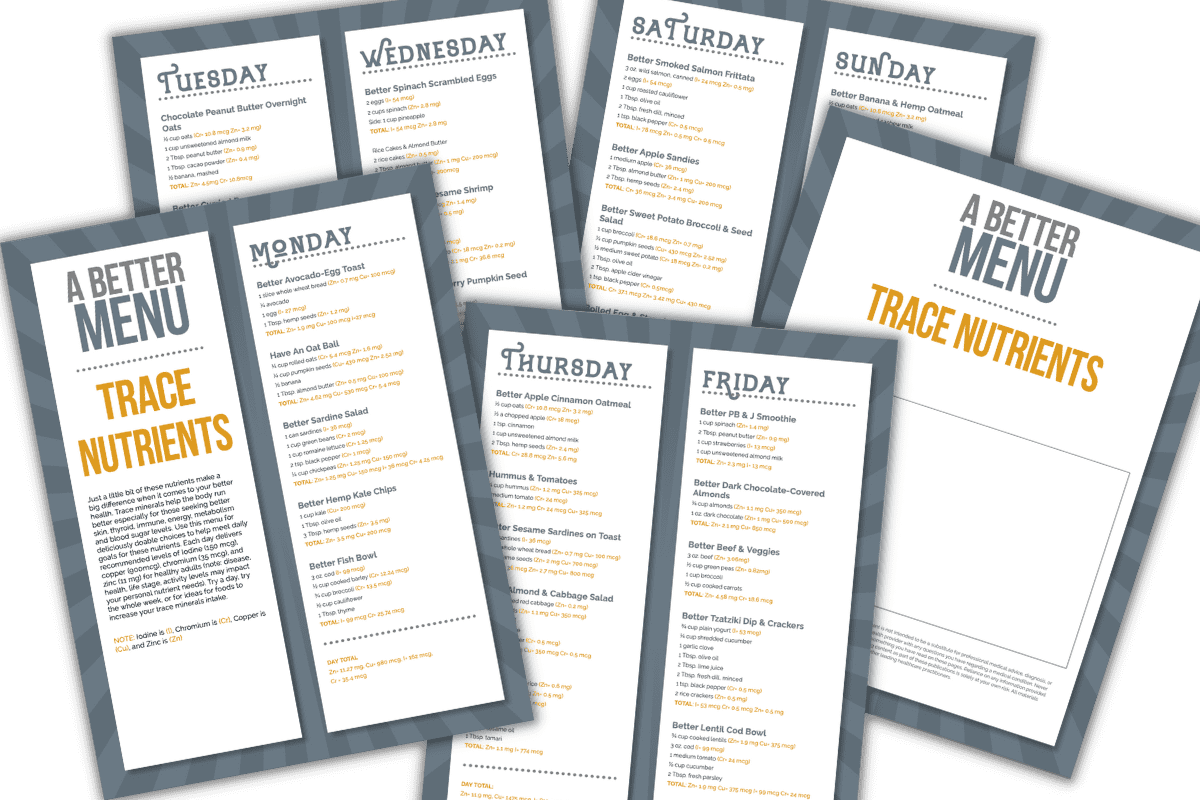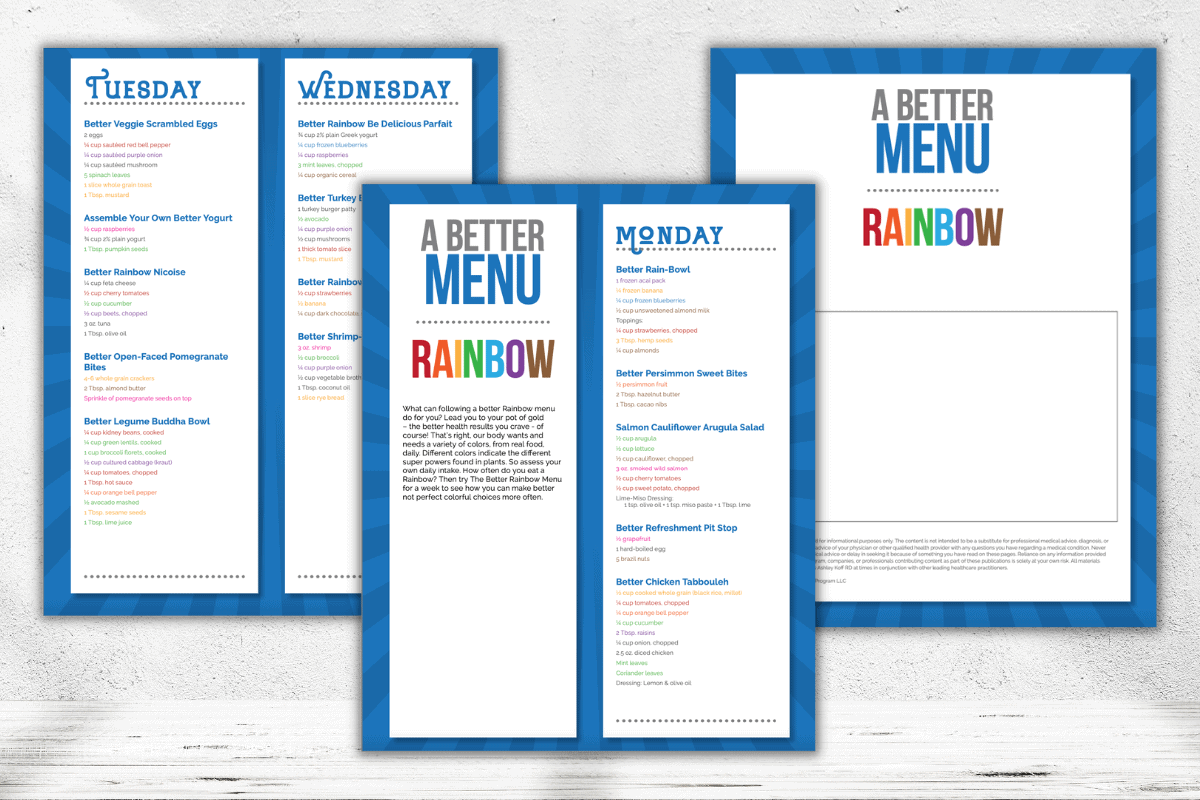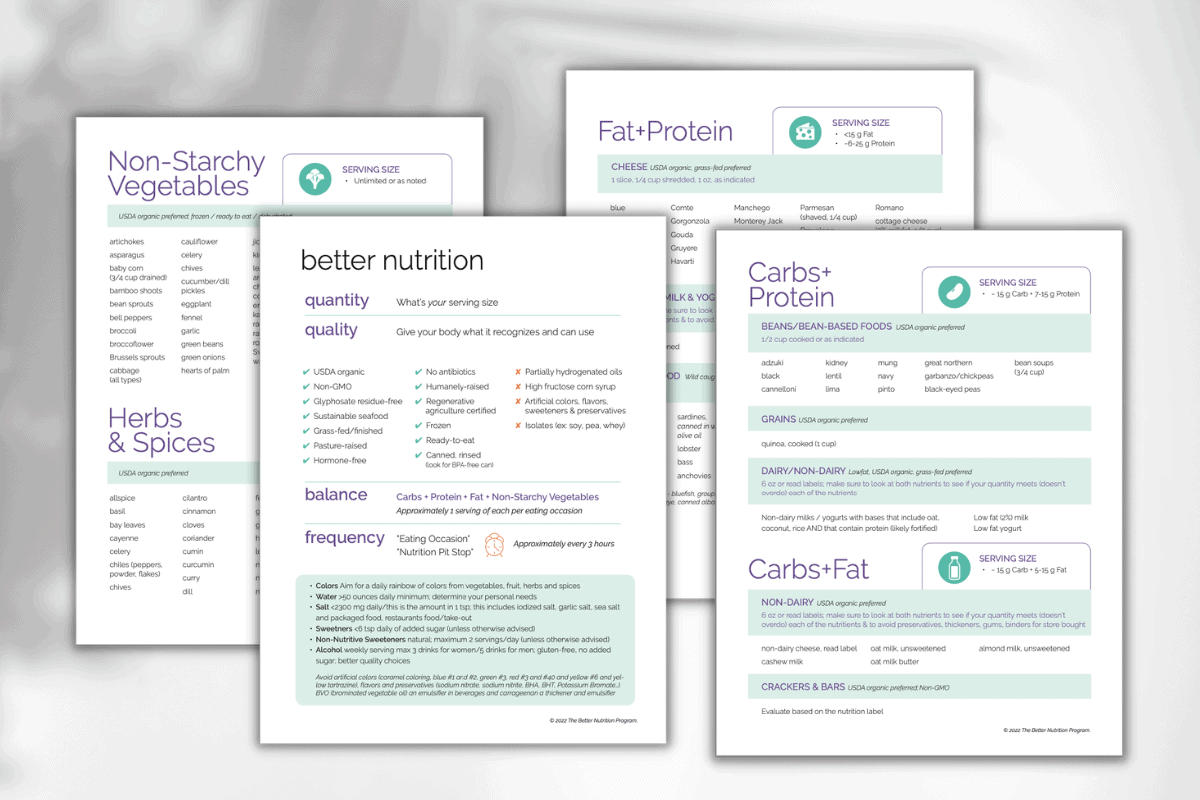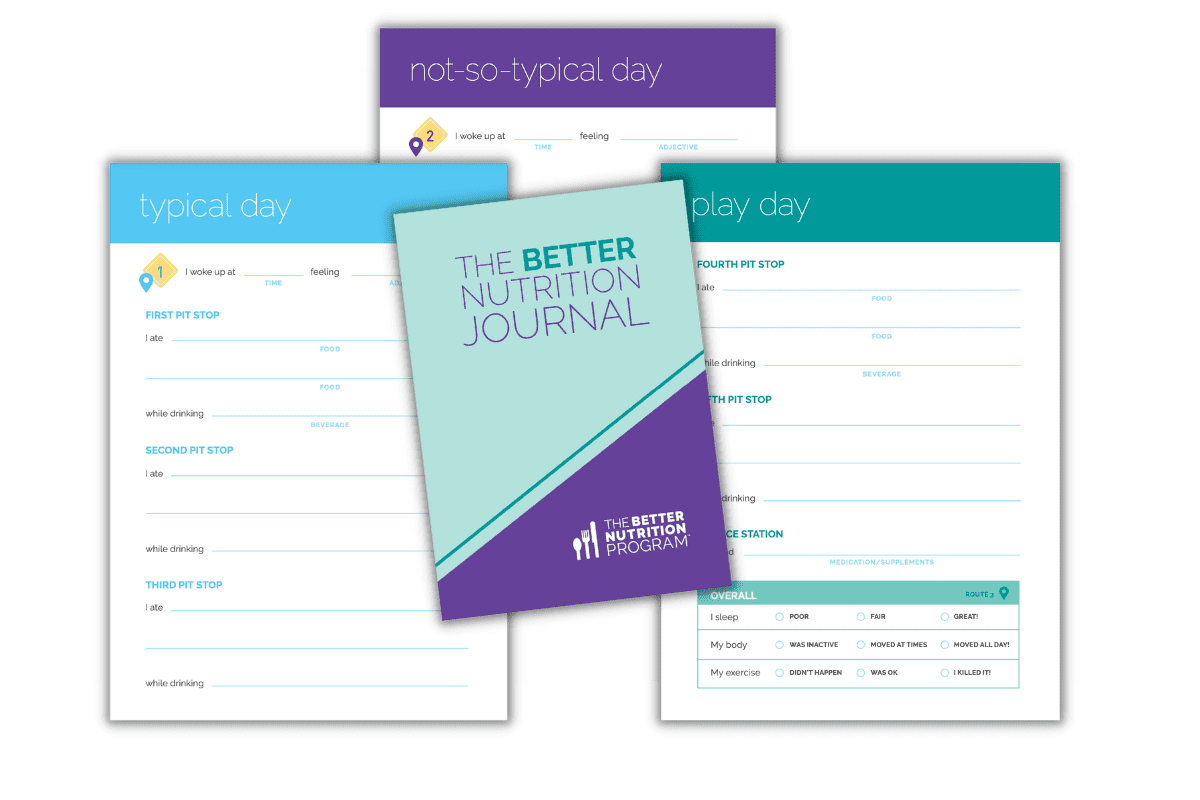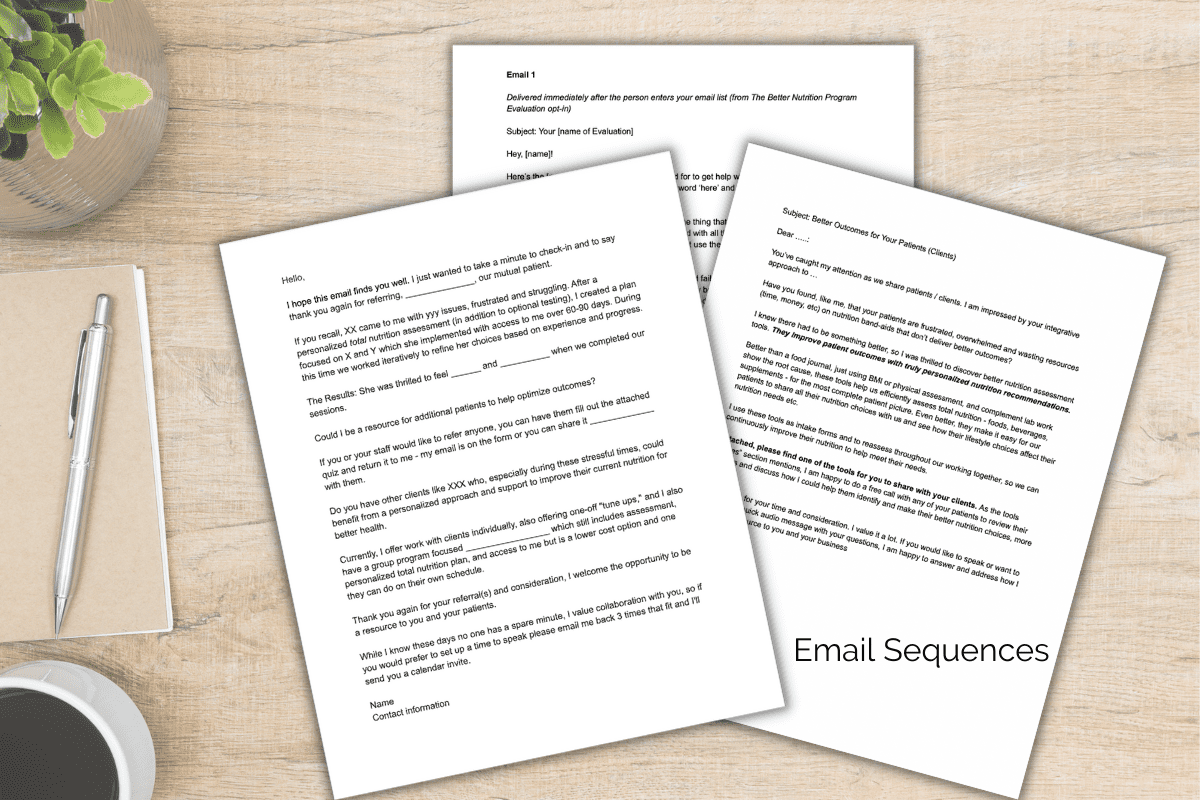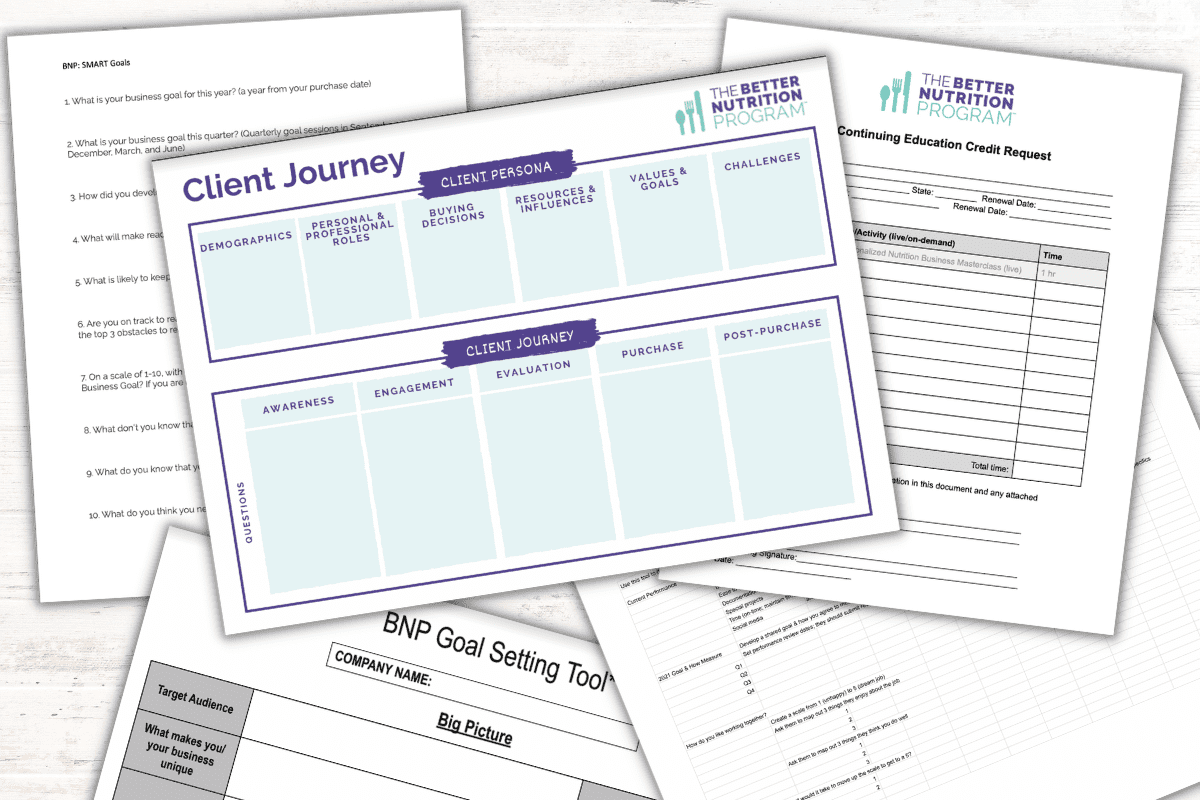As registered dietitians and health coaches, we get asked frequently about popular diets like Paleo and Keto. Here’s some insight from our founder, Ashley Koff RD.
Q: Are there any nutritional benefits to following the Paleo diet?
AK: If a diet such as Paleo helps someone improve the quality of their choices (focus on minimally processed foods, less added sugar and non-nutritive sweeteners as an example) then it can have benefits.
Q: Are there any long term detrimental effects that one could potentially incur from following the Paleo diet?
AK: Any diet will have detrimental effects if it fails to give a person’s body what it needs to run optimally. This can occur with giving it insufficient or excess nutrients as well as anything that can irritate the body.
Q: Would there ever be a circumstance where you believe a person would benefit from following the Paleo diet?
AK: As a practitioner, I wouldn’t recommend the Paleo diet. However, if someone wants to follow a Paleo diet, I would be fine to use it as a foundation provided we personalize it to ensure it’s meeting their specific needs.
Q: Is following the Paleo diet or any diet feasible as a long term solution/eating pattern for any individual?
AK: My answer is a conditional yes, but only if it’s continuously personalized to that individual’s needs, including evolving it as needed.
Q: Instead of following a fad diet, such as the Paleo diet, what are a few basic nutritional recommendations that you would give a person looking to stay fit and healthy throughout their lifetime?
AK: To personalize any diet, I recommend working to get in a rainbow of colors (including brown and white) most days, optimizing digestion, minimizing added sugar and non-nutritive sweeteners, and aim for nutrient balance at meals and snacks of about 2:1 carbs:protein. For example, 15g carb, 7g protein and 5-10g fat.
More about Paleo and Keto and What’s Better for You
Both Paleo and Keto diets have benefits and drawbacks. Their value to you ultimately depends on your personal health goals and dietary needs.
The Paleo diet focuses on eating whole, unprocessed foods, in theory similar to what our ancestors ate during the Paleolithic era. This includes lean proteins, fruits and vegetables, nuts and seeds, and healthy fats like avocado and olive oil. The diet also excludes dairy, grains, and processed foods.
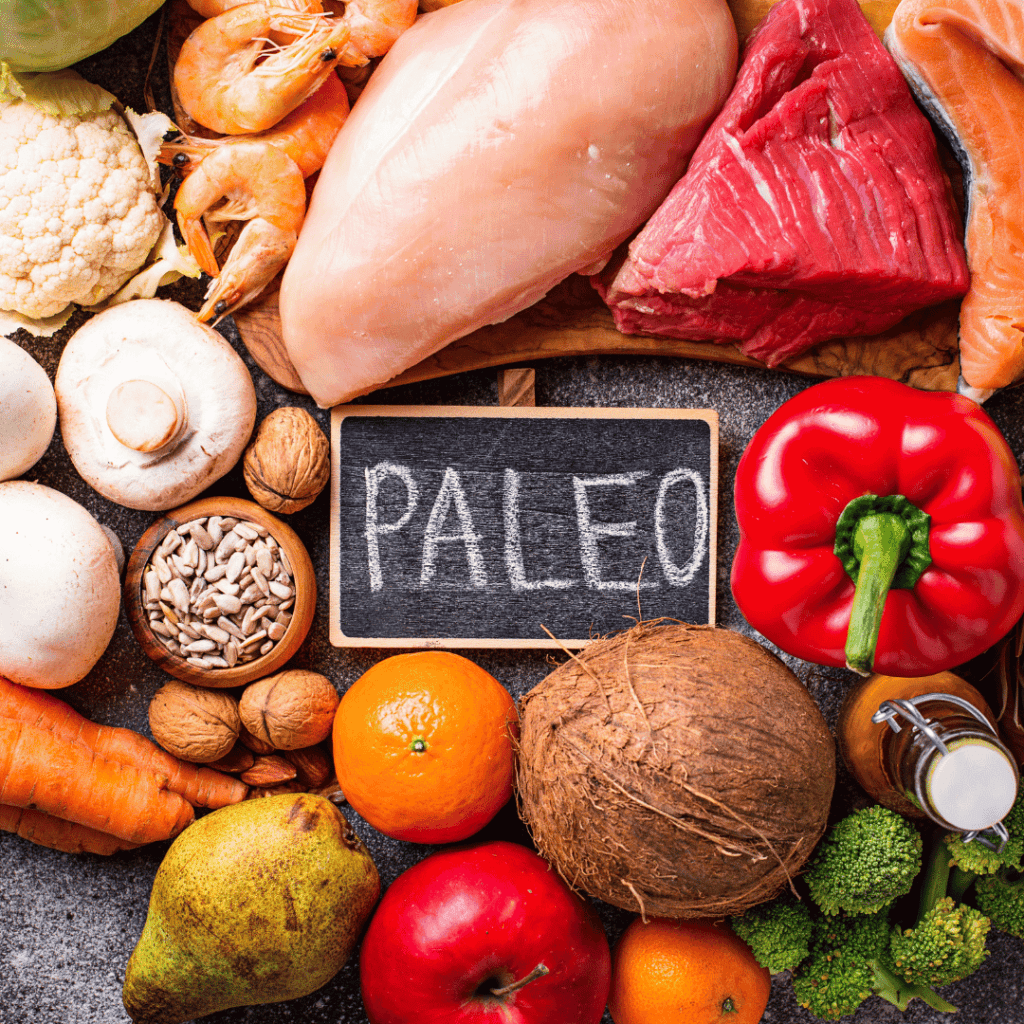

On the other hand, the Keto diet is a high-fat, low-carb diet that aims to put the body into a state of ketosis, where it burns fat for fuel instead of carbohydrates. The diet typically consists of high-fat foods like meat, eggs, and dairy, along with low-carb vegetables, nuts and seeds, and healthy fats like coconut oil.
When it comes to personalized nutrition, it’s important to consider these key factors when considering any diet or eating regimen:
- Individual nutrient needs
- Digestive health
- Food allergies or intolerances
- Any chronic health conditions you may have
- Medications you take
At The Better Nutrition Program, we help you evaluate your current nutrition needs and choices to create a tailored nutrition plan that meets your unique needs and goals. Our coaches and clinical team work with you to implement your better nutrition and lifestyle choices in ways that work in your real life. Through experimentation, you will identify what works including what is doable more often (foods, supplements, activity etc.).
Overall, both Paleo and Keto diets can be effective for achieving health goals when personalized. As with any nutrition plan, it’s important that you routinely reassess how it meets your body’s needs, and make any adjustments to optimize.
